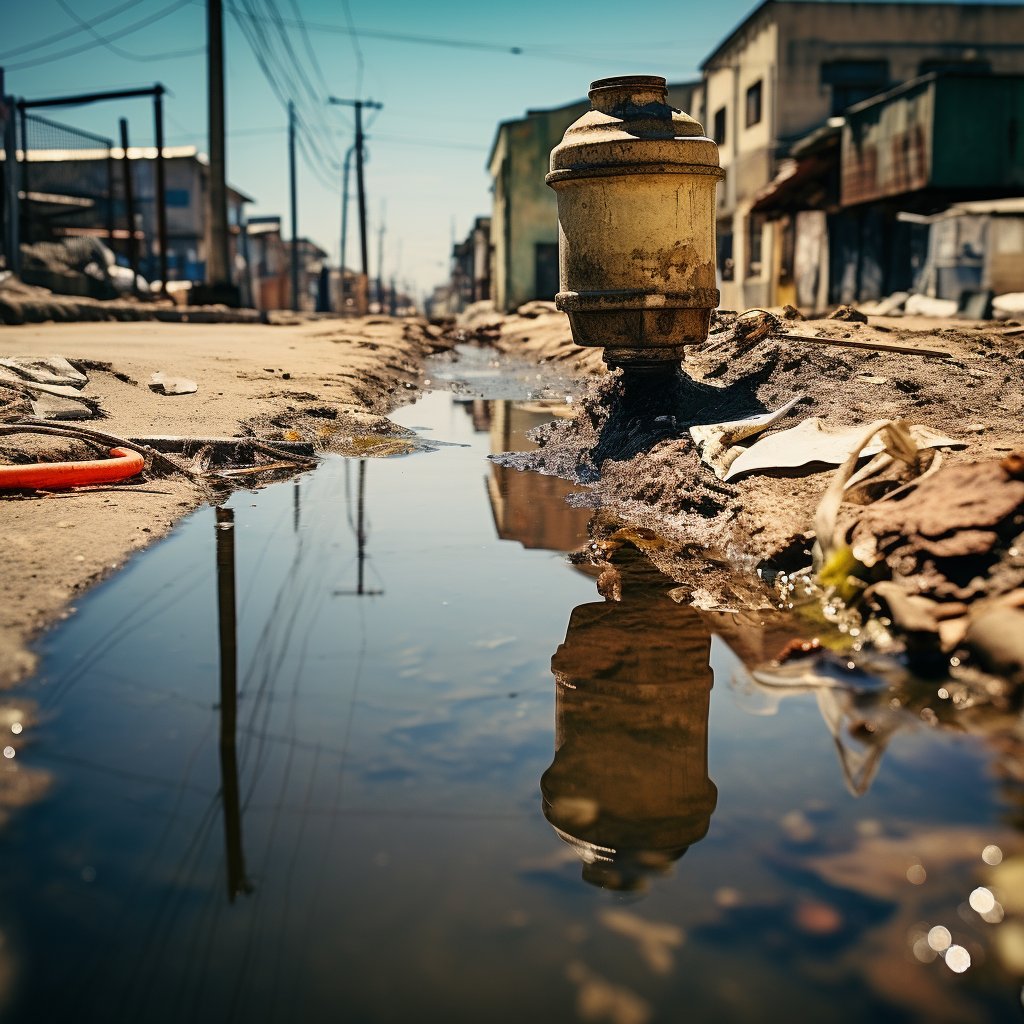Picture: for illustration purposes
Unsafe Tap Water Plagues Major South African Cities: Hammanskraal Tops the List
Hammanskraal tops the list of areas most impacted by poor water quality according to initial results from WaterCAN's annual Water Testing Week. A gloomy outlook for water quality improvements across South Africa and Gauteng has been forecast by experts and residents alike.
"Map my water," an online platform presenting a visual narrative of water quality state across South Africa, primarily uses data from tests by citizen scientists. Unsettling results show that tap water across the nation, including major metros like Johannesburg and Pretoria, are rendered "unsafe" with high levels of chemicals, including chlorine, nitrates, and phosphates, along with contamination from human or animal fecal matter.
Water contamination in Buffalo City, metro municipality of the Eastern Cape, the Garden Route district municipality of the Western Cape, and the City of Cape Town, has been rated as dangerous. Certain taps in the City of Tshwane metropolitan municipality pose a risk due to high chlorine content and suggested E. coli contamination. The Hennops River, situated in Tshwane, also poses potential health risks due to suspected fecal matter contamination.
Within Johannesburg, tap water tests around Houghton estate, Bedfordview, Randpark Ridge, and Roodepoort in the Ekurhuleni metropolitan municipality yielded alarming findings. Notably, water sources like the Hartbeespoort Dam and Roodeplaat Dam outside Tshwane were deemed safe.
Despite corrective measures taken, areas such as Hammanskraal continue to languish in precarious conditions. Executive manager of WaterCAN, Dr Ferrial Adam, indicates that abundant pollution and potential sewage contamination are unfortunately no longer surprising.
Attempts at enhancing the situation continue. In July, the WaterCAN initiated criminal charges against City of Joburg municipal managers following insufficient attempts at reducing pollution in the Klip River. Serious vigilance is required to protect a water-scarce South Africa from escalating pollution, which threatens basic rights, including health.










